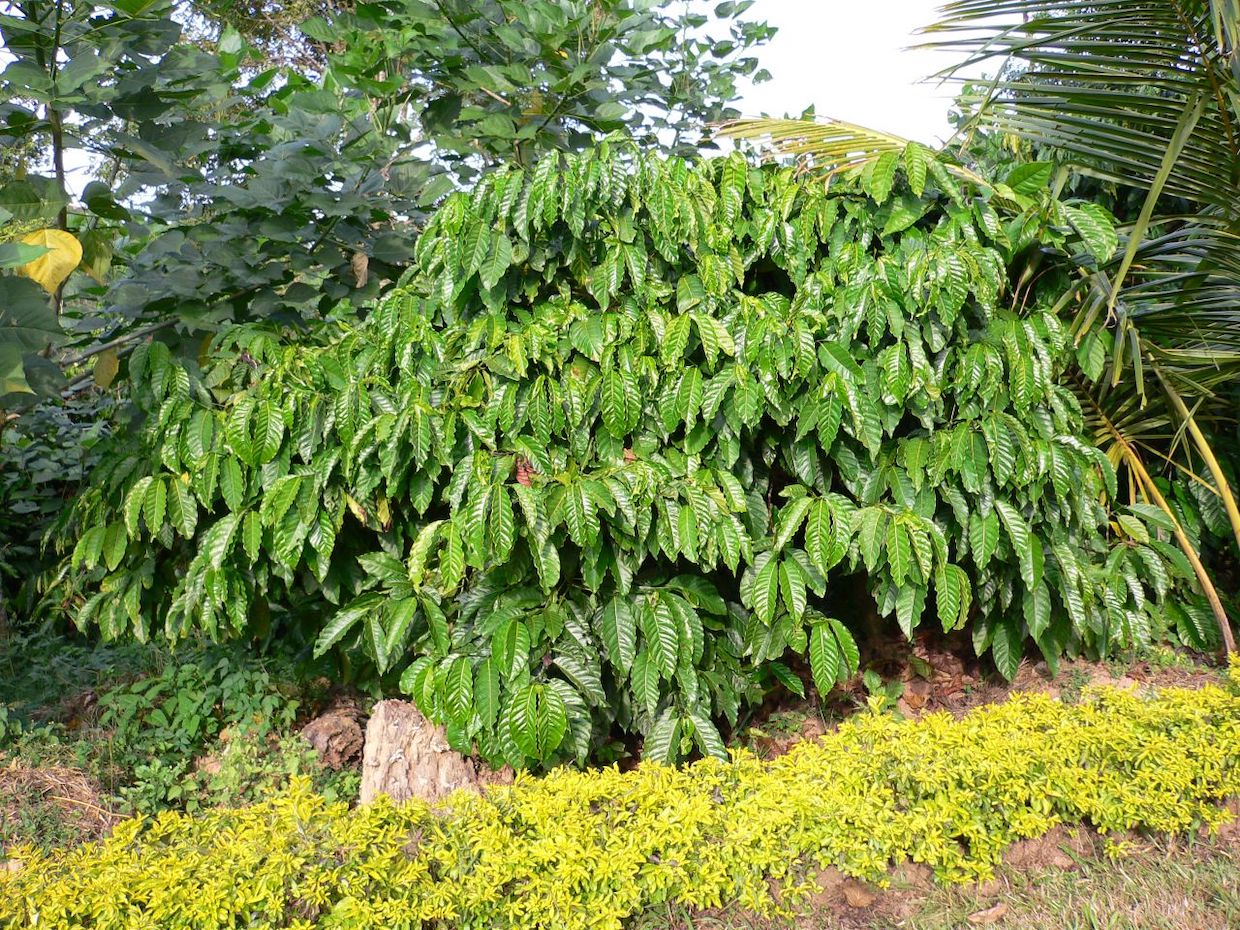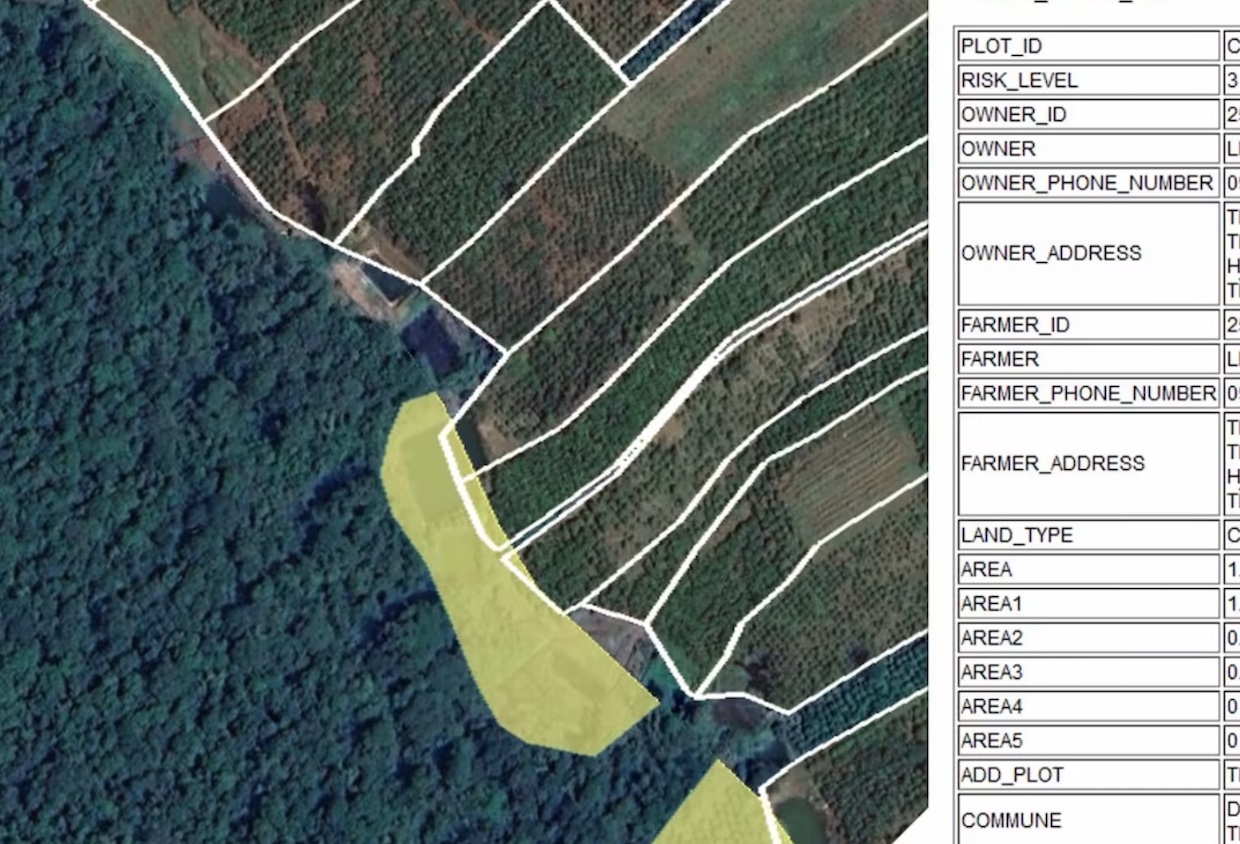A public-private partnership involving the world’s second-largest coffee producer, Vietnam, is resulting in a nationwide database system for forests and coffee-growing areas.
Led by the partnership-focused sustainable agriculture nonprofit IDH, Vietnam’s Ministry of Agriculture and Rural Development and Dutch coffee conglomerate JDE Peet’s, the collaborative effort is a direct response to the European Union deforestation-free supply chain law, known as EUDR.
“The launch of the database system is more than just a technological achievement; it represents a transformative milestone for Vietnam’s coffee sector,” IDH said in an announcement of the initiative. “With strong government leadership, collaboration with international partners, and active private sector participation, Vietnam is now well-positioned to meet the challenges of the EUDR and set a global benchmark for sustainable agriculture.”
The announcement comes approximately one year ahead of the scheduled enforcement of the EUDR, which is designed to prevent new deforestation in the supply chains of European companies selling products derived from a number of agricultural goods, including coffee, cocoa, soy, cattle, rubber, timber and palm.

“Coffee Plant” by jo.in.pink is licensed under CC BY 2.0.
Enforcement of the EUDR was initially scheduled to take place this Dec. 30, but was officially pushed back a year following warnings from industry groups, government leaders and some influential nonprofits. IDH and JDE Peet’s each supported the enforcement delay, with IDH calling it “a wise response to the risk of smallholder farmer exclusion.”
The new database platform in Vietnam involves a robust foundation of data from public and private entities, including provincial state management agencies, local coffee organizations and farmers. Data sets include land-use planning maps, cadastral maps and production area details, while field surveys were employed to verify data.
None of the three main parties involved in the database platform development have publicly disclosed the associated costs, nor is it clear how the database may be used — if at all — by other private actors, such as coffee roasters or traders.
IDH did say that the platform could potentially be scaled and/or applied to other commodities, such as rubber, pepper or cocoa.
“The Ministry of Agriculture and Rural Development is committed to playing a key role in scaling up, updating, and maintaining the system, ensuring that it not only helps the coffee sector meet international standards but also paves the way for expanding to other agricultural sectors,” said Nguyen Do Anh Tuan of Vietnam’s Ministry of Agriculture and Rural Development.
Comments? Questions? News to share? Contact DCN’s editors here.







Comment